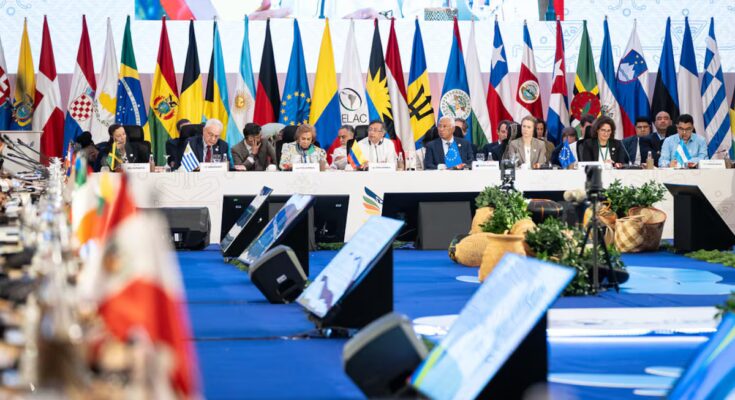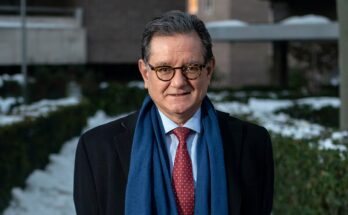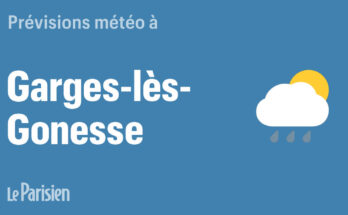It was a 52-point statement designed for everyone to enjoy. It was an inevitable gamble. Obtaining an agreement between 58 countries on two continents required an obvious diplomatic watermark. All in all there was more than expected, even if Venezuela and Nicaragua decided at the last moment not to sign. The fourth summit of the Community of Latin American and Caribbean States (CELAC) and the European Union (EU) ended with calls to strengthen multilateralism, veiled criticism of the US policy against drug trafficking in the Caribbean, the defense of “free and transparent elections” without naming Venezuela, references to the wars in Ukraine and Gaza and the request to reduce global “trade tensions”, i.e. Trump’s tariffs.
“58 countries managed to reach an agreement through dialogue. This declaration demonstrates the importance of multilateral dialogue,” said António Costa, President of the European Council. The host president, Gustavo Petro, insisted on the idea. “The first message is that we deepen multilateralism, with the intention of building common solutions. In these 52 points we demonstrate that it is possible to reach an agreement in terms of differences,” he said during the presentation of the document. Uruguay, which will assume the next presidency pro tempore of CELAC, committed, through its chancellor, Mario Lubetkin, to drawing up a roadmap “to be able to advance concretely and not just in words” with the points of the agreement.
Trump’s shadow hovered over the entire summit. The missile attacks that the republican has been launching for two months against boats accused of transporting drugs deserved a special mention in the document. “We address the importance of maritime security and regional stability in the Caribbean,” the document says, without naming the United States. Trump was also present, without being there, in the chapter on trade, where the blocs support a “rules-based multilateral system, based on international law, that is open, transparent, inclusive, non-discriminatory and predictable, with the World Trade Organization (WTO) at its centre. The text speaks of “trade tensions” and the need to reduce them to “facilitate international trade and improve access to markets”.
There was also a message to the White House in the environmental chapter. If Trump denies climate change, the EU and CELAC countries have called for recognizing “the need for significant, rapid and sustained reductions in greenhouse gas emissions”.
The blocs have also called for reforming the United Nations Security Council “to make it more representative,” an old wish of Brazil, Latin America’s largest economy. And there was no shortage of references to the war in Gaza, with the defense of the two-state solution, and “a deep war over the ongoing war against Ukraine, which continues to cause immense human suffering”. In the chapter dedicated to migration, the blocs agreed to “strengthen cooperation in management, including repatriation processes,” in reference to Trump’s deportation policy.
The declaration does not name any country, but the intention to put black and white in countries considered to be in conflict, such as Venezuela or Nicaragua, is clear. “We reiterate our firm commitment to democracy, including free, inclusive, transparent and credible elections,” the statement read.
Lula was particularly harsh in describing the regional situation. “Latin America and the Caribbean are experiencing a profound crisis in their integration project. We have once again become a balkanized and divided region, more outwardly focused than inwardly. We once again live under the threat of political extremism, information manipulation and organized crime. As a result, we live from meeting to meeting, full of ideas and initiatives that are often never implemented. Our summits have become an empty ritual, with the absence of key regional leaders,” the Brazilian said.
It was an elevating blow from Lula to those who made the mistake this Sunday. In Latin America there have only been two important presidents, the host, Gustavo Petro, and Lula himself. Countries such as Argentina, Paraguay, El Salvador or Peru sent very low level representations or were completely absent, like Ecuador. Mexico, Chile and Uruguay were represented by their respective foreign ministers. On the European side, the absence of the President of the Commission, Ursula von der Leyen, was the hardest blow for the organization. The most notable presences were Costa for the Council, the President of Spain Pedro Sánchez; Portuguese Prime Minister Luis Montenegro; and his Dutch counterpart, Dick Schoof.
Despite everything, the final document exceeded the organizers’ expectations. In any case, the meeting was also a political message. António Costa had already felt this as co-host at the beginning of the summit. “Despite the fact that there are countries here with very different ideological orientations, we have managed to have a common position on the most critical issues of the moment,” he said.
Pedro Sánchez made efforts together with Lula to support the success of the summit. Both believe this is the time to strengthen a bilateral alliance between the blocs that will serve as a retaining wall for Trump’s policies. Also to the advance of the far right in countries such as Argentina, with Javier Milei, and Chile, where polls give the Republican candidate José Antonio Kast a serious chance of victory in next Sunday’s first presidential round. In Bolivia, the implosion of Evo Morales’ Movement Towards Socialism (MAS) has left the left without viable alternatives after 20 years of hegemony. And Venezuela has long been no longer a regional point of reference for the so-called “socialism of the 21st century”.
In this atomized scenario, commitment to multilateralism represents a major challenge. “If two years ago the EU-CELAC summit was a political priority, today it is a geostrategic imperative,” Sánchez said, referring to the event that brought together most of the top regional leaders of both blocs in Brussels in 2023. “The challenges we face – the violation of international law in Gaza or Ukraine, the attacks on free trade, the weakening of global governance – concern us all. Europe and Latin America can and must be a beacon of stability, prosperity and openness in this uncertain and risk-filled time,” said the Spanish president.
The idea of the lighthouse was recurring. In addition to Sánchez, Petro used him in the opening. Costa spoke of sending “a signal” from Santa Marta. Everything is in perfect harmony with the summit held on the shores of the Caribbean Sea.



